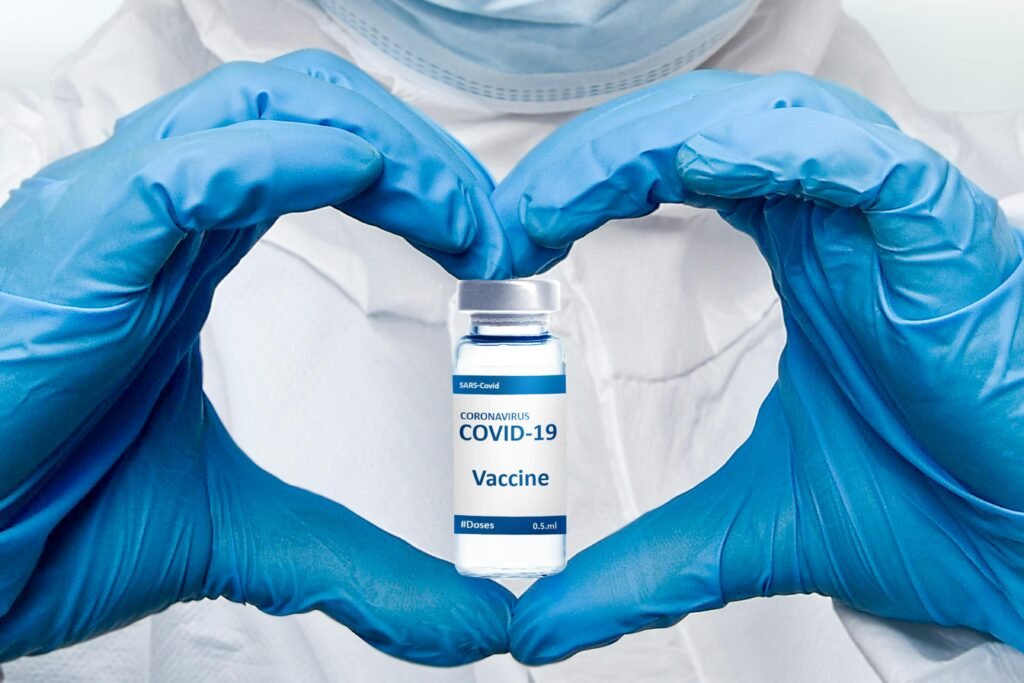“Fuel your fitness journey in 2025 with the right nutrition to unlock your true potential!”
Nutrition for Performance: Fueling Your Workouts in 2025
As we head into 2025, the landscape of fitness and nutrition is evolving faster than ever. Whether you’re an elite athlete or someone just starting your fitness journey, fueling your body the right way can be the key to unlocking your full potential. Nutrition is no longer just about calories; it’s about optimizing performance, recovery, and overall wellness. Let’s dive into how you can fuel your workouts with the right foods and nutrients.
1. The Role of Nutrition in Fitness Performance
It’s widely known that food fuels the body, but not all foods are created equal. In 2025, fitness nutrition is centered around understanding how the right macronutrients—proteins, fats, and carbohydrates—work in harmony to support high-performance workouts.
Carbohydrates: The Energy Powerhouse
Carbs are your body’s primary source of energy. When you work out, your muscles rely on glycogen, which is stored in your muscles and liver. Eating complex carbs like whole grains, fruits, and vegetables ensures a steady release of energy, helping you maintain stamina throughout your workout.
Protein: The Muscle Builder
Protein plays a critical role in muscle repair and growth. After a strenuous workout, your muscles need protein to recover and rebuild. Aim to consume lean proteins such as chicken, tofu, or legumes within 30 minutes of exercising to maximize recovery.
Healthy Fats: The Long-Term Fuel
Fat often gets a bad rap, but it’s essential for hormone regulation and long-term energy, especially during endurance workouts. Incorporating healthy fats from sources like avocados, nuts, and olive oil can provide sustained energy during longer training sessions.
2. Micronutrients: Small but Mighty
While macronutrients dominate the conversation when it comes to fueling workouts, micronutrients (vitamins and minerals) are just as important. These nutrients support energy production, muscle contraction, and recovery.
Key Nutrients for Performance:
- Magnesium: Supports muscle function and reduces cramps.
- Vitamin D: Crucial for bone health and immune function, which are vital for long-term fitness.
- Iron: Essential for oxygen transportation to muscles.
- Electrolytes: Sodium, potassium, and calcium help maintain hydration and prevent muscle fatigue.
Including a variety of colorful fruits, vegetables, and whole foods in your diet will help you cover your micronutrient bases.
3. Timing Matters: When to Eat for Optimal Performance
In 2025, nutrition isn’t just about what you eat but also when you eat. Your body has different nutritional needs before, during, and after a workout.
Pre-Workout: Fueling for Energy
A balanced pre-workout meal should be consumed 1-2 hours before exercise. This meal should include complex carbs for energy and a small amount of protein. A whole-grain toast with almond butter and banana is a great example.
During Workout: Hydration and Electrolytes
For long or intense workouts, drinking water with electrolytes can help maintain performance and prevent dehydration. Electrolytes, which are lost through sweat, keep your muscles functioning optimally.
Post-Workout: Recovery and Muscle Repair
After a workout, your body needs to replenish glycogen stores and start the muscle recovery process. A post-workout snack with both protein and carbohydrates, such as a smoothie with protein powder, berries, and spinach, is ideal.
4. Supplements for Performance Enhancement
While whole foods should be your primary source of nutrition, some supplements can support performance, recovery, and overall health in 2025.
- Whey Protein: Quickly digested and perfect for muscle repair after workouts.
- BCAAs (Branched-Chain Amino Acids): Help reduce muscle breakdown during exercise.
- Creatine: Boosts power and endurance, especially during high-intensity workouts.
Always consult with a healthcare provider before adding new supplements to your routine.
5. Embrace a Personalized Approach
Nutrition isn’t one-size-fits-all. What works for one person might not work for another. As we move into 2025, personalized nutrition plans are becoming more accessible, thanks to advancements in genetic testing and data-driven health insights. Whether through a nutritionist or a fitness app, consider tailoring your diet to your specific needs, goals, and preferences.
Conclusion: Fuel Your Performance the Smart Way
Nutrition is the cornerstone of a successful fitness journey. In 2025, we have more tools and knowledge at our fingertips than ever before to fuel our bodies optimally. By focusing on the right balance of macronutrients, micronutrients, and meal timing, you can boost your performance and recovery, ultimately achieving your fitness goals more efficiently. So, eat smart, train hard, and watch your fitness reach new heights!
Disclaimer: This blog is intended for informational and educational purposes only. The views expressed are personal opinions or general insights, not professional or legal advice. Readers should do their own research or consult relevant professionals before taking action based on this content.
#NutritionForPerformance #FuelYourWorkouts #Fitness2025 #anslation #carrerbook #PreWorkoutFuel #PostWorkoutNutrition #PerformanceNutrition #HealthyEating



